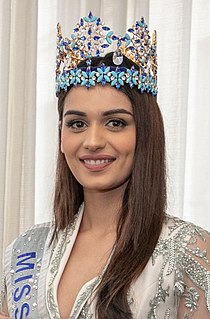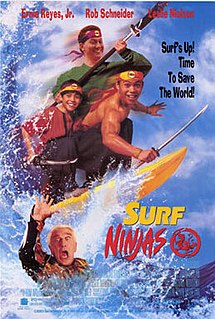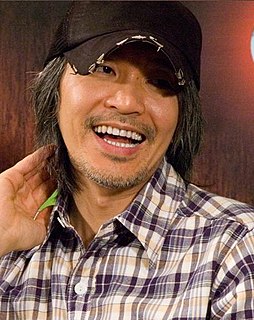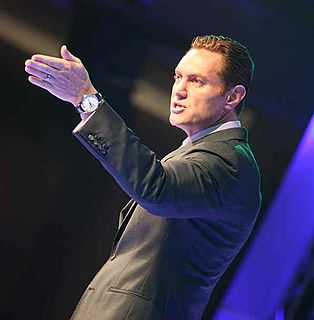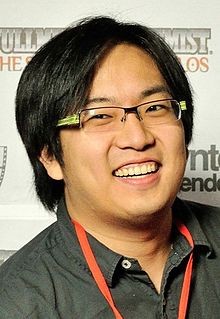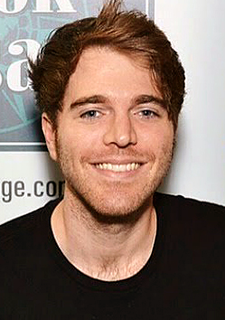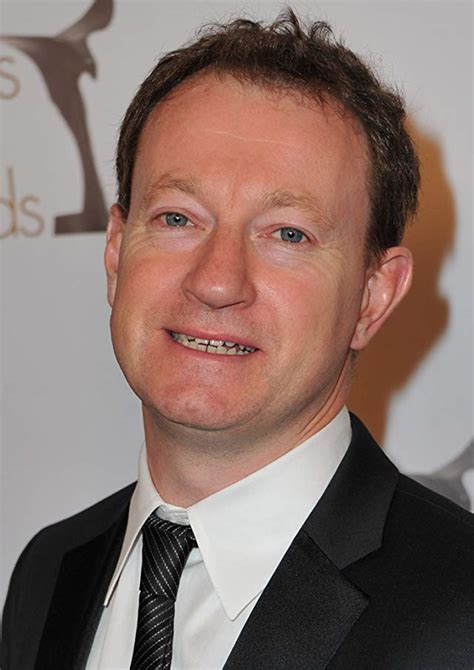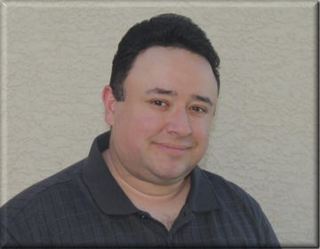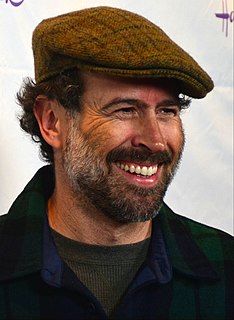A Quote by Manushi Chhillar
After becoming Miss World, I now have some idea of what goes on behind the camera, and that filmmaking is a tedious and time-consuming process.
Related Quotes
When I was an actor in some movies a long time ago, I was so curious about all the camera movements - why is the camera placed here, and why does it move like this? And why the set and the background, the color? It's a lot of questions for me to ask, because I was so interested, not only in acting, but also the whole process of filmmaking.
Everything in The Room, we did it the same way the big studios do it. The only difference is the budget and the actors. We put an ad in Back Stage West and in return we got almost 8,000 headshots from people who wanted to be in the film. We then do a process of selection and a rehearsal process after they are selected. The process of audition is very time consuming.
I've been wanting to do some type of video about the idea that YouTubers have to have some kind of personality disorder, something right, to do what we do. Putting ourselves on camera all the time, being so open on camera all the time, having conventions with our name in it. There has to be something.
Zooming in, zooming out. I was shocked. I said, "Let's erase this right now, put the camera behind the stage and I'll do the performance just for the camera." He set up everything and I told him to go outside and smoke a cigarette. Come back when I finish. Don't touch the camera. This was the way how I've done most everything after that.
